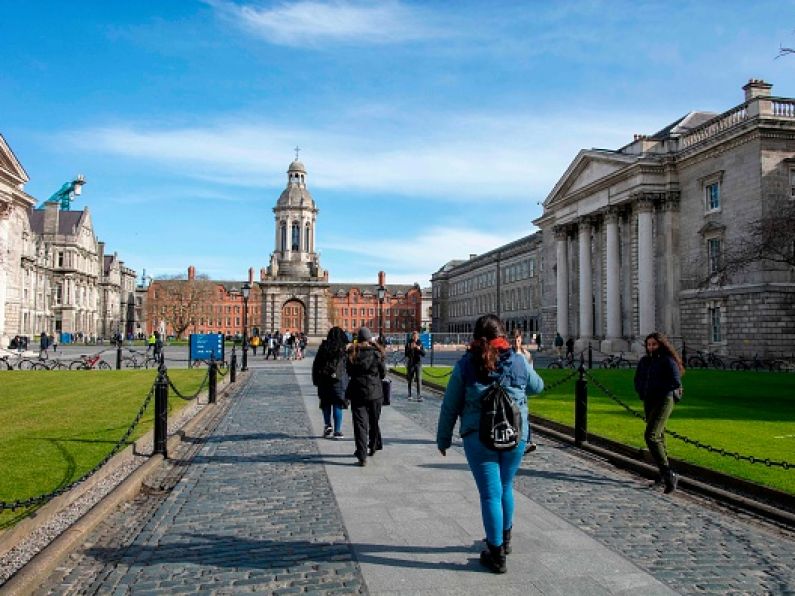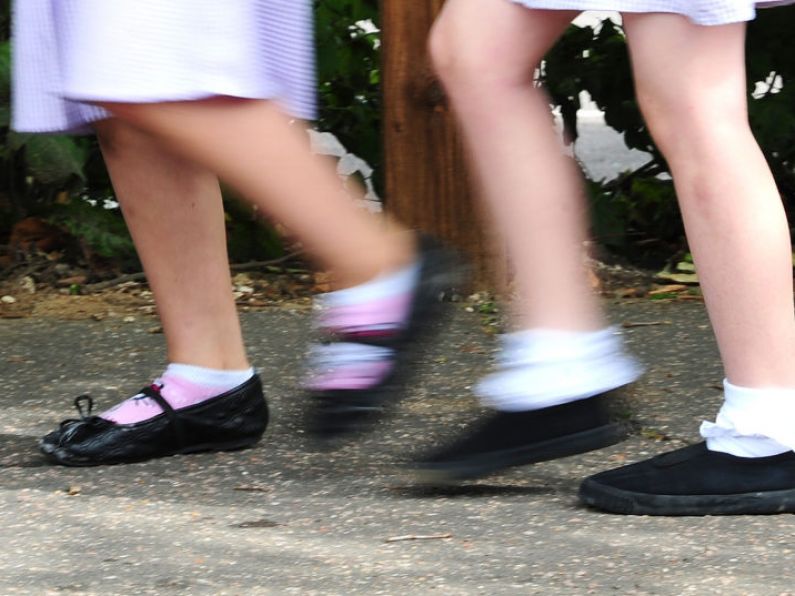The class gap in higher education is revealed in new figures that show affluent students dominate high-points courses such as medicine, finance and engineering.
By contrast, students from disadvantaged areas are more likely to study courses in areas such as childcare, sport and secretarial studies.
At Waterford Institute of Technology, 17% of students are from a disadvantaged background, 41% are marginally below average, 37% marginally above averag% and 6% affluent.
The findings are contained in new research by the Higher Education Authority (HEA), which examines the socio-economic profile of tens of thousands of students attending universities and institutes of technology.
The study also reveals striking contrasts in the profile of students attending individual third-level institutions:
- Institutes of technology tend to serve a higher proportion of students from disadvantaged areas.
- Trinity College Dublin has the most affluent student population, with 5% of its students from disadvantaged areas.
- Letterkenny Institute of Technology, Waterford Institute of Technology, IT Tralee and Limerick Institute of Technology are among the colleges that have the highest proportions of students from disadvantaged areas.
- Nationwide, the average household income of students, based on where they are from, in higher education is €49,603. This ranges from €35,853 in Letterkenny IT to €56,822 in IADT Dún Laoghaire.
Using the new data, colleges will be rewarded with additional public funding if they admit more disadvantaged students.
Dr Alan Wall, the authority’s chief executive, said the figures showed the higher-education student population did not yet reflect the diversity found in the rest of the population in Ireland.
“This detailed data set provides policymakers and institutions with a comprehensive knowledge of patterns of access and disadvantage that will assist them in developing and implementing targeted approaches to advancing equity of access,” he said.
Minister for Higher Education Simon Harris said it was his ambition to ensure third-level education was accessible to everyone, regardless of age, race, geography or gender.
He has announced a review of the Susi grants scheme and is planning a series of new targets in a new National Access Plan, which aims to boost the number of under-represented groups at third level.











